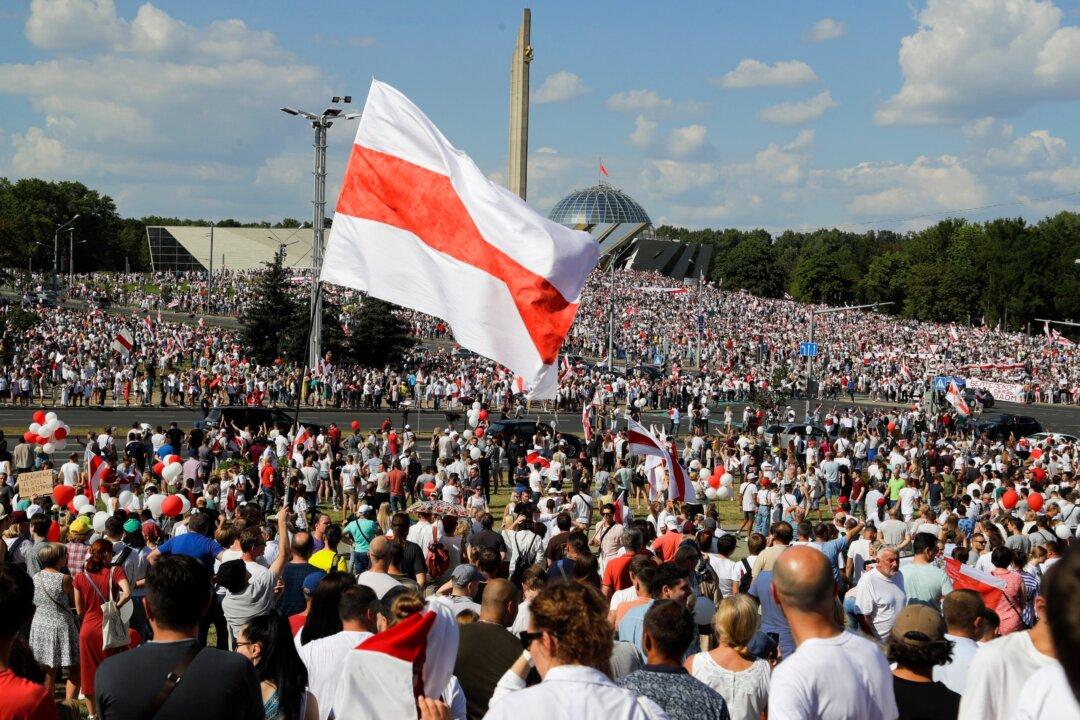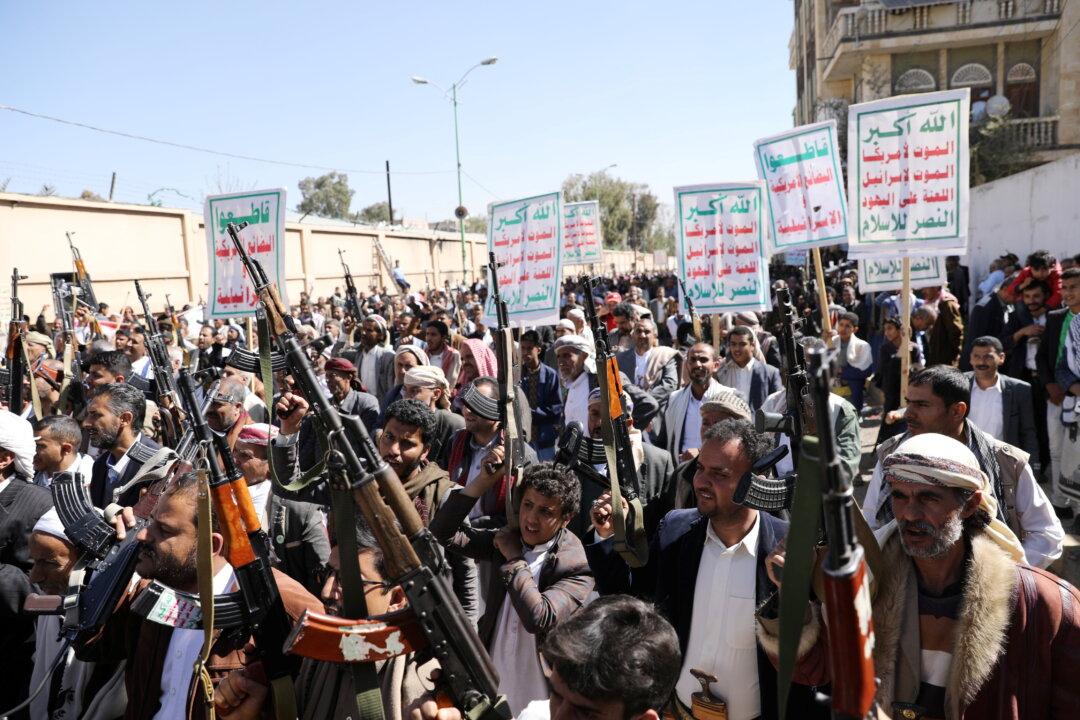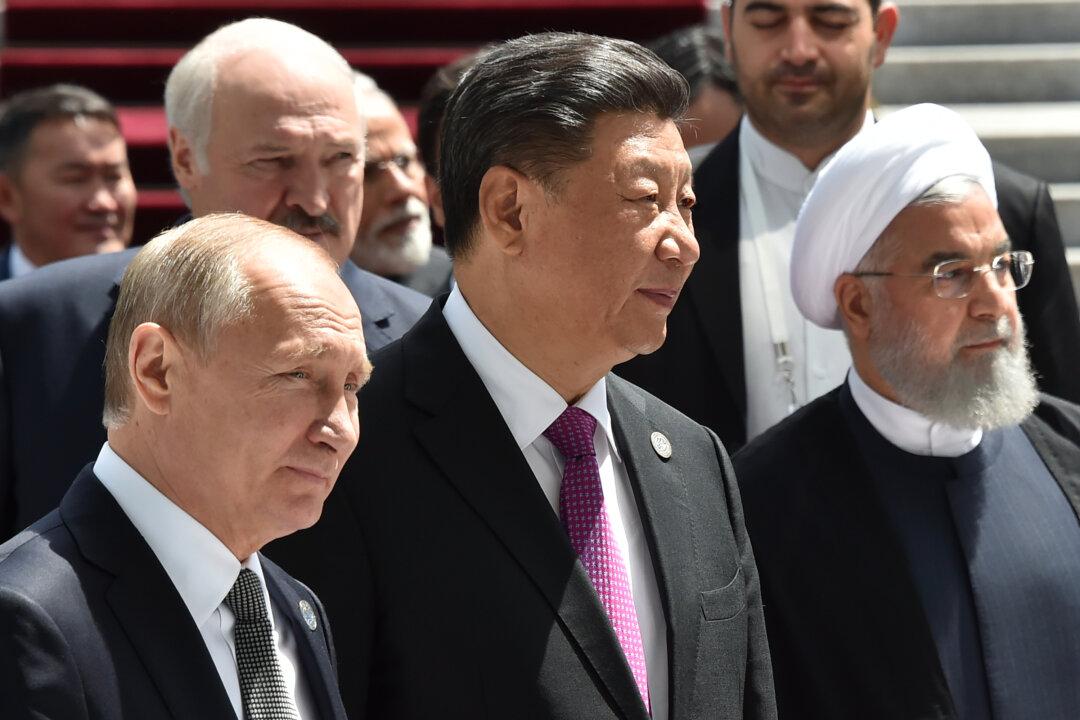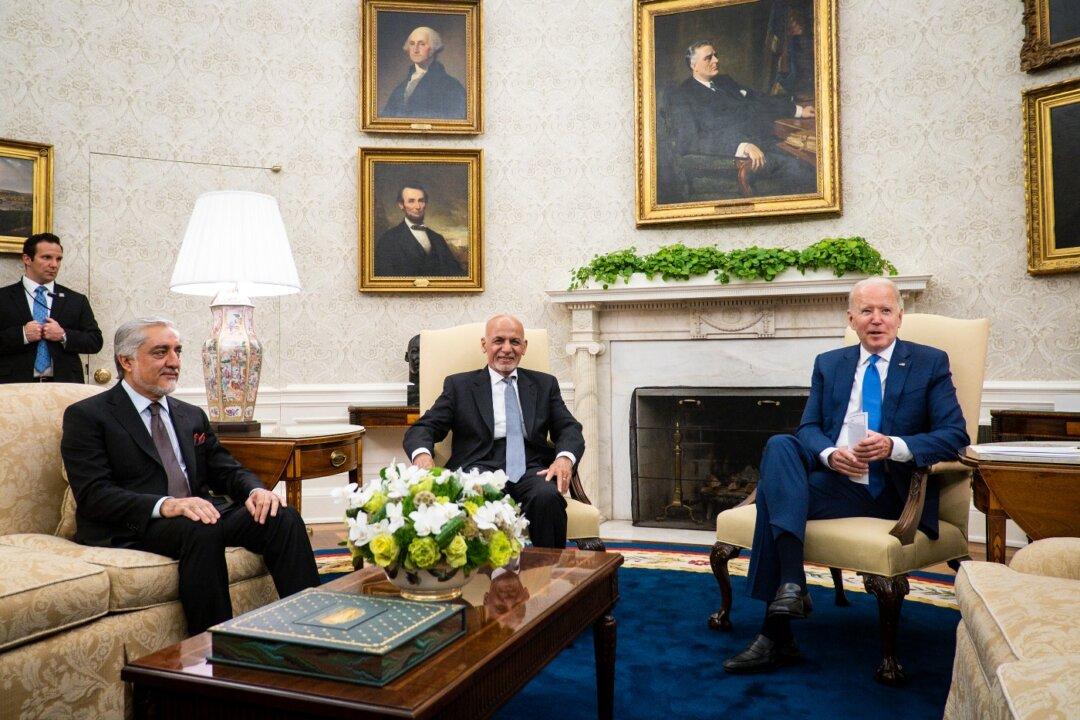Commentary
The post-election turmoil shaking Belarus has the typical storyline of a geriatric dictatorship losing its ability to control by fear. The corruption and grinding poverty produced by Belarusian leader Alexander Lukashenko and his regime’s 26 years in power finally spurred a new reform-minded generation to challenge the dictator at the ballot box. Knowing they were despised, the dictator’s gang rigged the election. Outraged by the fraud, reformers filled the streets with genuinely peaceful mass protests and appealed to free nations for help. Attempting to crush an energized opposition, the dictator’s riot cops responded brutally, beating and arresting thousands.





